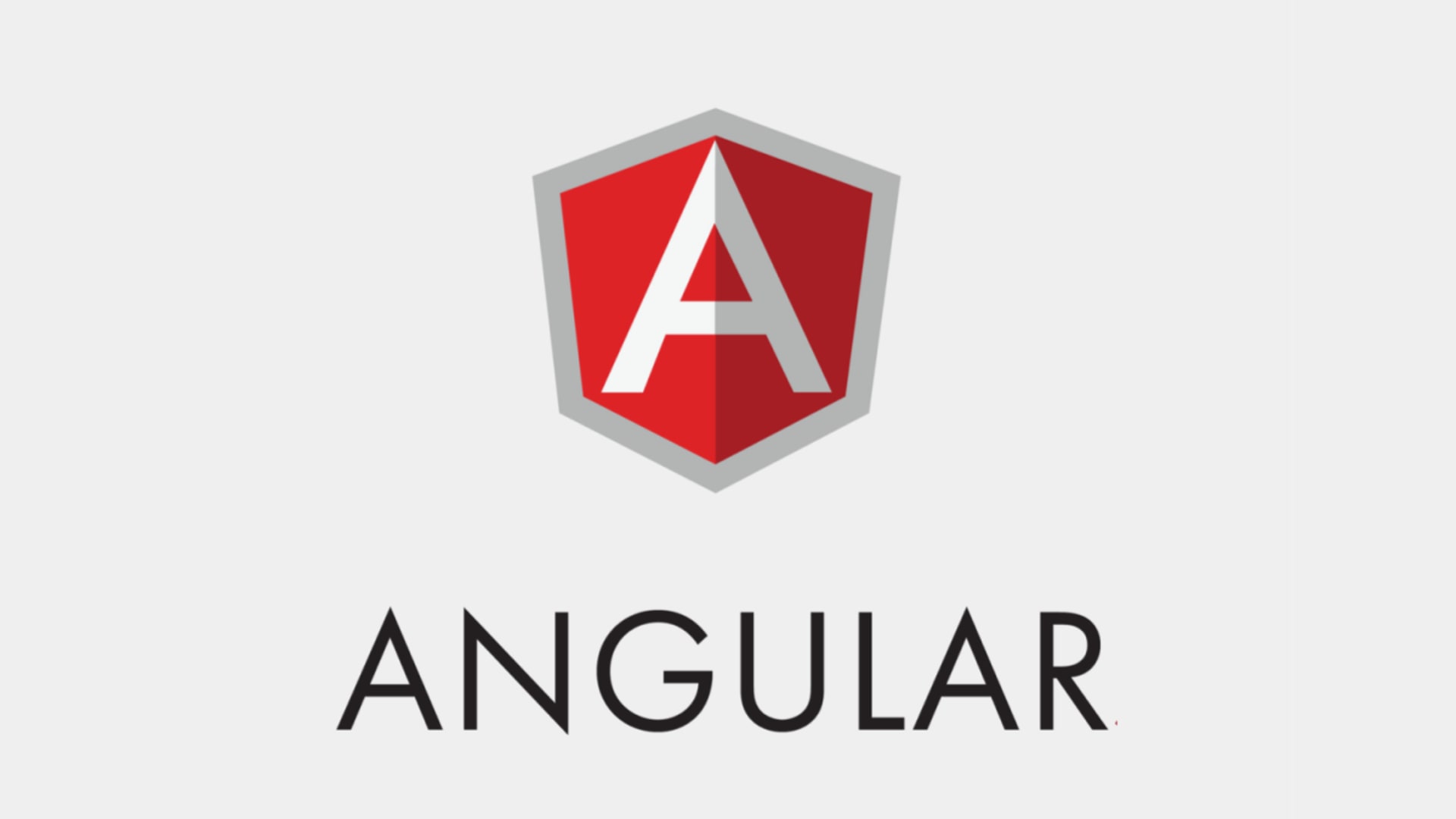At this point in the game, your business cannot afford to avoid mobile app development. With the right mobile application, you can make it possible for your customers and clients to better interact with your company as well as make it easier for them to shop for your products, subscribe to your services, and help spread the word about all your business has to offer.
That’s not something you want to miss out on, especially given your competition has already hopped on board the mobile train. Continue to wait and you’ll fall even farther behind.
Of course, it’s not just about mobile apps but web apps as well. While mobile apps are mostly limited to phones and tablets, web apps can be used on mobile devices, desktops, and laptops.
Both of these options are a cost-effective way of broadening your company’s offerings and widening your audience.
Sound enticing? It should.
If you’ve finally decided to take the plunge into the world of mobile and web applications, at some point you’ll need to employ Angular.
Angular Progamming Language for Business
Angular focuses on speed and performance and is used by companies like Microsoft, Autodesk, McDonald’s, UPS, AT&T, Apple, Adobe, YouTube, Paypal, Nike, Google, and AWS – and that’s just to name a few! That’s some serious company to be in. And Angular offers serious benefits.
With Angular you gain:
- Progressive web apps.
- Native app building.
- Desktop apps across all platforms.
- Converts templates into highly optimized code.
- Works with Node.js, .NET, PHP, and other platforms.
- Apps load quickly.
- Fast UI view creation with templates.
- Command-line interface.
- Plenty of available IDEs.
- Testing tools.
- High-performance animation.
- ARIA-enabled accessibility components.
Is Angular Still in Demand?
Angular is one of the most popular JavaScript frameworks. Built by Google, Angular is open source and allows developers to build single-page web apps and animated menus for standard HTML web pages.
Angular was originally released in 2012 and is still in active development. Angular uses the Model-View-Controller (MVC) architecture, which consists of:
- Model – the component which receives input from the controller and manages information. Think of this as the Framework.
- View – the component that represents the information received. Think of this as the HTML code.
- Controller – the component that responds to various inputs and sends information from the input to the Model. Think of this as JavaScript.
Benefits of Using Angular in You Company
Besides giving developers an outstanding framework with which to build their single-page applications, Angular offers a few very important benefits:
- Two-way data bindingAngular binds JavaScript and HTML together. This ensures that changes in the application state are automatically reflected in the view and changes in the view are automatically reflected in the application state.
- DirectivesAre markers on a DOM element that instruct the AngularJS HTML compiler to attach a specified behavior to that particular element, or to transform the DOM element and its children.
- Code StructureThanks to Templates, your developers can produce applications quickly and with surprisingly clean code.
- CompatibilityWith Angular your applications will almost certainly run on both mobile and desktop platforms.
Each of these benefits is invaluable to web app developers. And because they’ll enable your developers to create cross-platform, clean, and efficient applications, they’ll save your company money and time.
Outsource Your Angular Development Project
Angular is a programming language for building single-page, client-based applications with HTML and TypeScript (which also happens to be the language used to write Angular). With Angular, you can implement numerous functionalities such as TypeScript libraries to create very flexible and performant mobile and web apps. Angular is open-source and should not be mistaken for AngularJS, as it is a complete rewrite of AngularJS and is a web application framework in and of itself.
One very important aspect of Angular is that, with this one platform, you can build Single Page Applications (SPAs) that function on any platform. The importance of SPAs can’t be stated enough, which means your best bet might be to outsource your Angular development project to a team perfectly geared toward creating Single Page Applications for both web and mobile.
First and foremost, you must determine if your current development teams have the necessary skills to start working with Angular. Do you have software engineers who know the ins and outs of HTML, JavaScript, and TypeScript? If not, you have a few options:
- Outsource Angular developers with those skills.
- Task your current developers to learn these new skills.
- Allow a third-party development hiring firm (such as BairesDev) to create the perfect team to help get your Angular outsourcing development off the ground.
How Much Does it Cost to Develop An Angular Web App or Website For My Company?
The answer to this question will depend on the complexity of the application you need to build. A quick search for Angular development services reveals the pricing can range from anywhere between $2,000 and $90,000. This, of course, will also depend on if you plan on hiring a team that will not just build the app but maintain it as well. There are other factors that come into play and that can drive that price up, especially complex features or integration with other tech.
The cost might seem high, but remember you’re hiring a team that will require specific skills. But why bother with a new language or framework, when you could possibly turn to the languages/frameworks your teams already use? Beyond the ability to easily create user-friendly, highly-functioning web and mobile applications, there are several reasons why your company should be making use of this framework. Angular, for example:
- Dismisses the concept of scope and controllers and, instead, employs a hierarchy of components.
- Simplifies expression syntax.
- Is very modular.
- Uses TypeScript that adds static, generics, and annotations.
- Features dynamic loading and asynchronous template compilation.
- Includes support for running apps from your servers.
- Supports cross-platform development.
- Boasts improved speed and performance.
- Has more readable and testable code.
- Offers an expedited development life cycle.
- Builds lightweight applications.
- Presents easier problem-solving.
- Includes Material Design library.
With Angular web development, it’s possible to build native mobile applications (applications that run natively on an operating system), thanks to strategies from Cordova, Ionic, and NativeScript.
NativeScript is an important component of Angular, as it’s an open-source framework that allows you to use Angular skills to achieve native interfaces and performance levels on both Android and iOS.
Of course, it’s not limited to mobile. Because Angular can access native operating system APIs, you can also create traditional desktop apps for Linux, macOS, and Windows using the same methods that are applied to created web apps.
In other words, Angular is an incredibly flexible set of tools.
Benefits of Outsourcing Development Services
Because Angular is a library, your developers will need (at minimum) basic knowledge of HTML, JavaScript, and TypeScript. They’ll also need to have a grasp on how mobile and web applications are built using a component-based system that is comprised of:
- A component class to handle data and functionality.
- An HTML template to determine the user interface.
- Component-specific styles that define the look and feel of the app.
With Angular software development, you can quickly build features into your apps with easy-to-use declarative templates and even extend the template with your own, custom components. And because Angular is supported by a wide range of IDEs, whatever tools your developers tend to use should work just fine. That means an even easier learning curve, so your teams can get up to speed more quickly.
The problem arises when your in-house teams don’t have the required skills. That’s one of the biggest reasons to outsource Angular projects. You’ll also find other benefits when outsourcing Angular, such as:
- Cost-effectiveness.
- Agile teams that can easily pivot to meet your needs.
- Scalability.
- Round-the-clock productivity.
When is Angular the Right Choice?
There are 4 primary use-cases that Angular is the perfect match for: Dynamic web apps, business-level web apps, single page apps, mobile apps.
When is Angular the Wrong Choice?
On the contrary, working with an Angular development company isn’t always the ideal match for your projects. For example: Pages with static content, microservices, SEO-optimized websites.
It’s important to understand that Angular isn’t SEO-friendly, which means that there will be numerous challenges ahead if you’re looking for apps that are SEO-optimized. If that’s the case, an Angular development company might advise you to look elsewhere.
So, what are you waiting for? Angular development outsourcing is an outstanding means of building powerful, flexible web, mobile, and desktop apps that can help bring your business into the future. And if you don’t have the staff to get you started, BairesDev, a renowned Angular development company, is here to help to outsource Angular development and bring your company to the next level of mobile and web applications.
If you enjoyed this article, check out:
- Mastering Angular Routing: A Comprehensive Guide
- Angular Project Structure: Best Practices for Files & Folders
- Dependency Injection in Angular: A Comprehensive Guide
- Mastering Angular Data Binding: A Comprehensive Guide for Expert
- Top Angular UI Component Libraries & Frameworks
- What Is Angular and Why Should Your Business Consider It for Development?
- The Best Javascript Frameworks Today
- What Is the Best Framework for Web Development?







